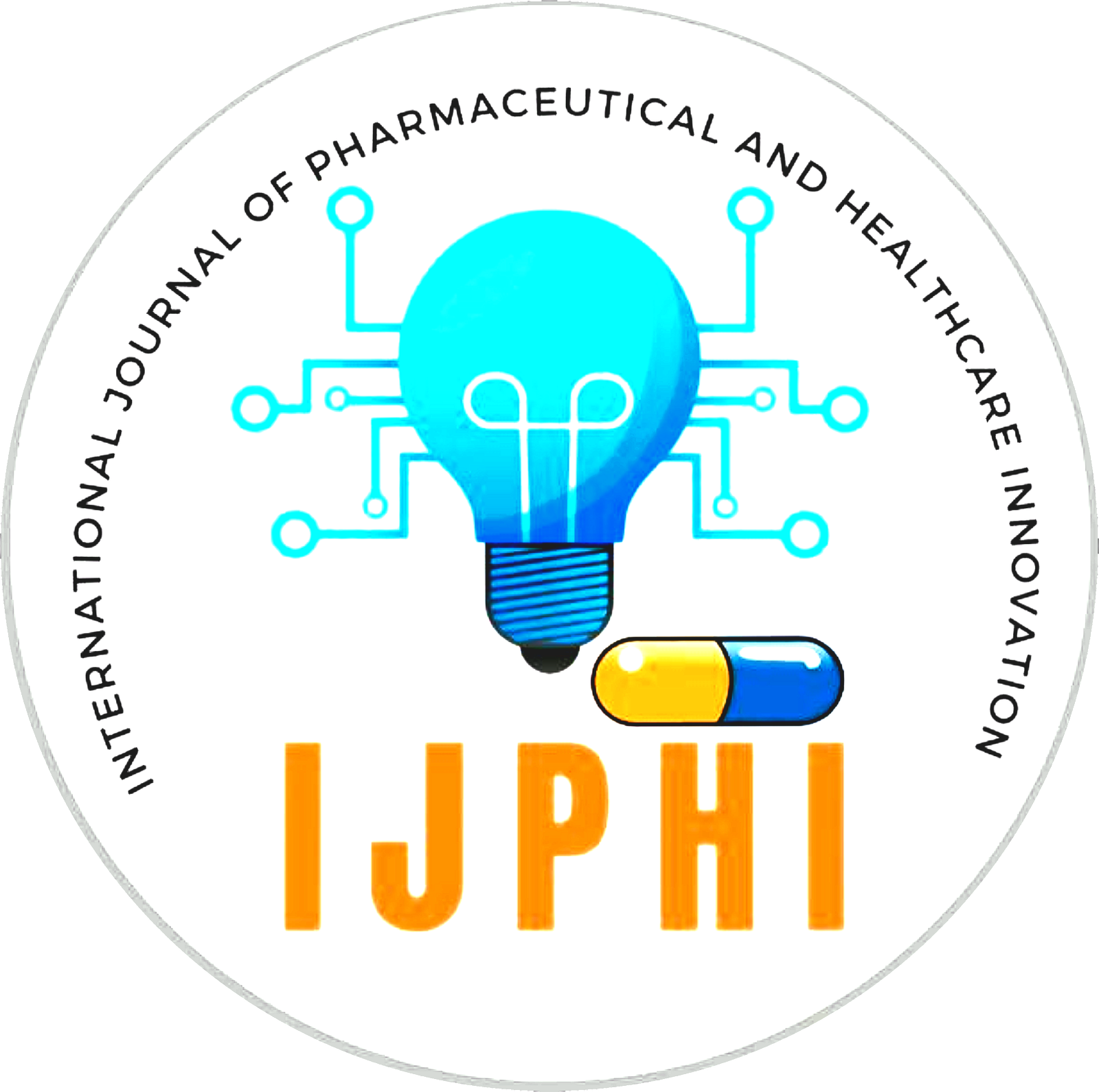The Prolonged Cardiovascular and Pulmonary Effects of COVID-19
DOI:
https://doi.org/10.62752/n4fy0v95Keywords:
COVID-19, cardiovascular, pulmonary, long-term, risk factorsAbstract
Precision medicine, propelled by genomic advancements, is transforming the healthcare landscape by transitioning from traditional evidence-based methods to individualized care. Despite originating from personalized care roots, psychiatry has been hesitant in embracing this approach compared to disciplines such as oncology and haematology. Objective: This paper aims to assess the present status of precision psychiatry, with a focus on prognostic models utilizing clinical and biological data, while also addressing obstacles and future paths. Methods: By amalgamating insights from recent research and programs, including the Precision Medicine Initiative in the United States, this article underscores the amalgamation of genetic, neuroimaging, and other biological data into psychiatric practice alongside advancements in data analysis methods like machine learning. Results: While oncology and haematology have advanced in precision medicine, psychiatry lags behind. Prognostic models using clinical and biological data show promise, but implementing pharmacogenetic breakthroughs is complex. Current efforts focus on identifying biological markers and clinical variables for personalized therapy, with significant findings still in progress. Discussion: The integration of precision medicine in psychiatry is challenged by the need for precise terminology, methodologies, and validated biological markers. Addressing psychiatric disorders requires a dynamic, longitudinal approach considering developmental trajectories from childhood. Preventative strategies through combining omics data with neuroimaging and phenotypic information hold significant promise. Conclusion: Precision psychiatry aims to revolutionize mental health care by customizing treatments to individual patient characteristics. Despite slower adoption compared to other fields, advances in data analysis and large-scale programs are driving progress. Overcoming current challenges and incorporating longitudinal approaches are key to its future success..

Published
Issue
Section
License
Copyright (c) 2024 Pharmacytalk2us

This work is licensed under a Creative Commons Attribution-NonCommercial 4.0 International License.
All articles published in the International Journal of Pharmaceutical and Healthcare Innovation (IJPHI) are licensed under the Creative Commons Attribution–NonCommercial 4.0 International License (CC BY-NC 4.0). Authors retain copyright of their work and grant the journal the right of first publication. The published material may be used, shared, and reproduced for non-commercial purposes with proper attribution.
© IJPHI GLOBAL PUBLISHER PVT. LTD.










